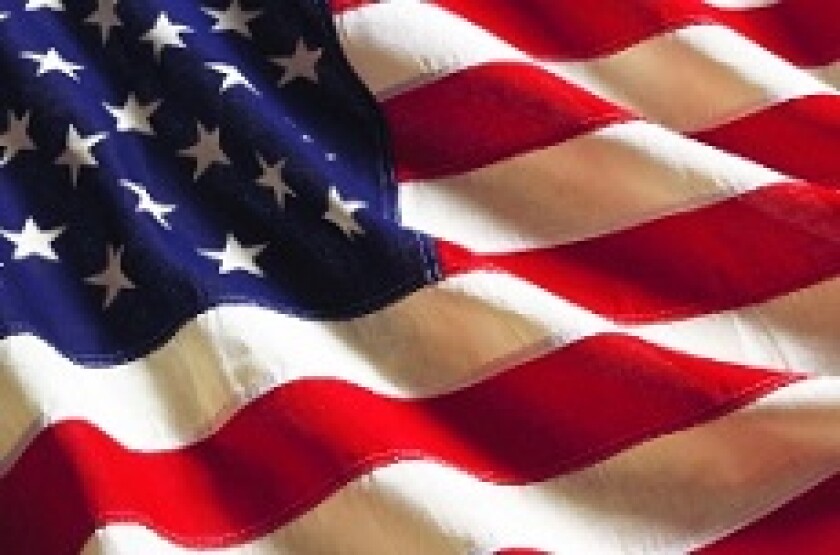There is no shortage of labels for high quality securitization being bandied around, with separate proposals from the European Banking Authority, the Basel Committee and International Organization of Securities Commissions (IOSCO), and the European Commission. US regulators, however, have no such desire to implement similar plans in their own market.
“We speak to US regulators and we don’t see any real appetite,” Richard Johns, executive director of the Structured Finance Industry Group, told the audience at a panel discussion on high quality securitization (HQS). All of the panelists thought Europe, and potential other jurisdictions like Japan and Australia, would develop a HQS label in the next few years. Not a single panelist thought that the US would.
But many US market participants argue that the US securitization market is not in need of the shot in the arm that HQS initiatives are designed to provide.
The EU’s efforts to create a framework for Simple, Transparent, Standardized (STS) securitization were an attempt to rejuvenate the market, while “still maintaining the fireguards we need to prevent [the return of] a CDO squared market,” said Ian Bell head of the Prime Collateralised Securities Secretariat.
But even though the US does not necessarily need a HQS label, this does not mean that it will be unaffected by the decision of other regions to adopt it.
“My concern is that it’s a Scarlet letter on securitization,” said Jim Ahern, managing director, Structured Finance Americas at Moody’s.
Ahern was not the only one concerned about market viability. Moderator Lewis Cohen, a partner at Hogan Lovells, questioned whether things were moving in the opposite direction to the ideas of global oversight, harmonisation and consistency across securitization markets that were popular post-crisis. This in turn raised the question of how different approaches to HQS would affect US issuers trying to sell into Europe.
“We are going to find ourselves in a tough spot,” said Johns. He agreed that HQS labels are not necessarily needed in the deep and liquid US market. But conversely, Europe’s enthusiasm for it means the US cannot ignore it.
This state of affairs points towards two similar outcomes, he said. In one scenario, Europe continues going its own way. Basel and IOSOC continue working on frameworks, likely end up something similar to the European Commission, and the US fails to engage.
“When Basel goes down that route I think you’ll see Australia, Japan and potentially China going in the same direction,” said Johns. This, he added, "would leave the US incredibly isolated.”
The alternative, said Johns, is that the EU slows down its efforts, and converges with Basel’s initiative. In that situation “everyone is in one place except the US,” said Johns.
“Wherever we go with this it doesn’t feel right. It’s almost paradoxical that the US, which has the deepest level of liquidity, is going to land in this world where we are doubling the penalty on capital and perhaps even worse on the liquidity side."

